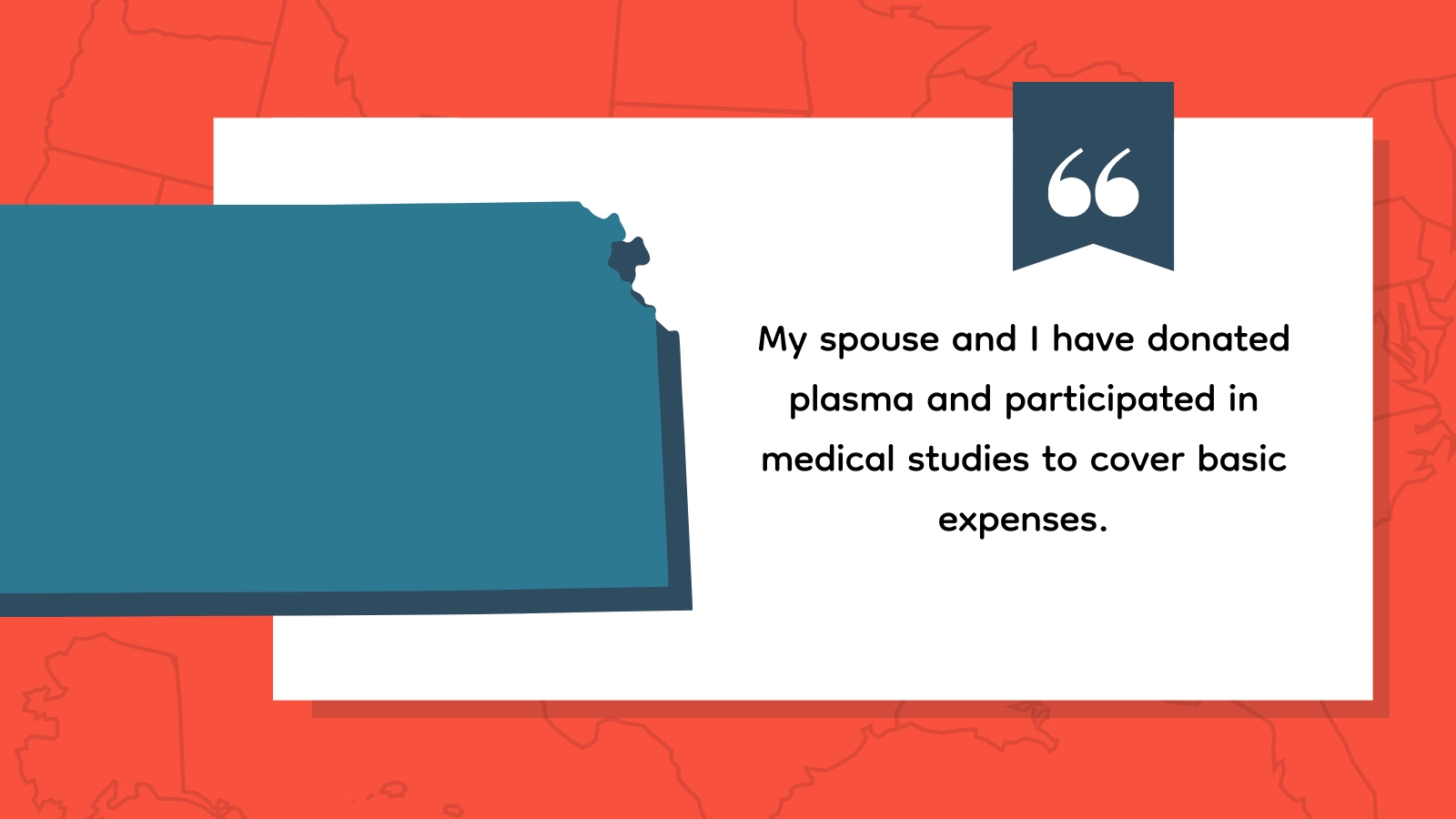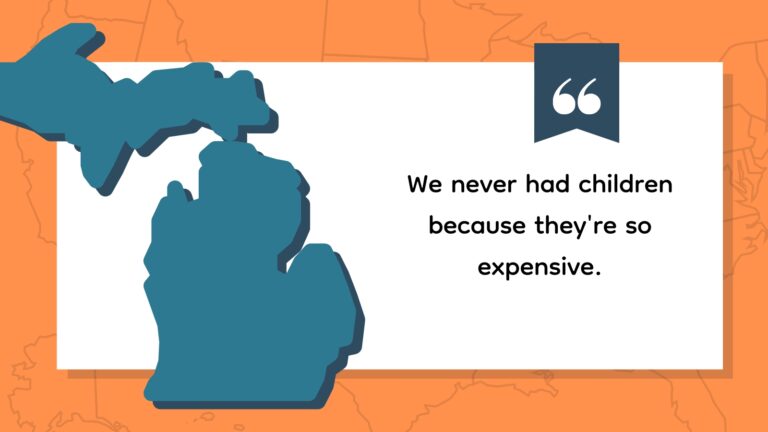In our new series Teacher Salary Stories, We Are Teachers readers share how they’re making it work—or not—on a teacher’s salary. The goal is to take an honest look at teacher pay in the United States and around the world—what’s working, what’s not, and what needs to change if we want to stem the flow of educators leaving the profession and recruit new teachers to the field.
In today’s Teacher Salary Story, we hear from a Kansas elementary teacher who has navigated a 10-year career from a $40,000 starting salary to $55,000. Achieving a master’s degree with help from a government grant, school stipend, part-time work, and family, this educator and their spouse stretch their combined incomes to support a family of five. Despite facing financial challenges, including a reliance on occasional plasma donations, their story is one of perseverance. With minimal increases and a modest state retirement plan, they illustrate the reality of teachers managing on tight budgets, highlighting the hard choices and strategies for financial survival in the education sector.
Where do you live?
Leavenworth, Kansas.
What is your job title?
Early educator.
What is your annual salary?
$55,000.
What is your highest level of education?
Master’s degree.
How did you pay for your education?
I funded my education through a combination of a government TEACH Grant, a stipend from my school, part-time work, and financial support from my family.
How long have you been teaching? Is this your first career?
Ten years. I was a paraprofessional in college.
What was your starting salary as a teacher?
$40,000.
Tell us about your income progression (e.g., have you received standard step increases, taken on extra duties, gotten an advanced degree, or switched roles?).
I came in with my master’s degree so I have only received standard increases based upon years of service and anything negotiated by the Board of Education.
How much is one paycheck, after taxes, and how often are you paid?
My monthly pay, after taxes, is around $4,028 before deducting insurance. After removing insurance costs, I take home closer to $3,100.
What is your approximate net worth including savings, investments, retirement, and other assets?
I have no savings, but I invest in an extra retirement benefit plan to supplement the contributions to the state retirement plan. After a collection of 15 years, my state plan has only accrued a few thousand dollars.
How many people live in your household? Are you the only earner?
Five people, and my spouse also works.
What are your approximate monthly expenses (e.g., rent/mortgage, car payment or other loans, childcare, food, entertainment, phone/Internet/utilities, other subscriptions)?
We inherited our home so we pay yearly property tax at $3,000 and monthly utilities range from $200 to $500 a month depending on the time of year. We don’t subscribe to cable but we pay about $50 a month in streaming services and $50 a month for internet.
Do you receive a school- or PTA-provided budget for classroom supplies? If so, how much?
No PTA budget. Parents provide some supplies.
How much of your own money do you spend on your classroom every year?
I pay a few hundred a year in supplies for my classroom. We try to purchase as many reusable items as possible. I do a lot of recycling and I request donations from friends and family.
What kinds of things do you buy when you treat yourself?
Pizza or coffee mostly.
What expense would you take on if you suddenly got an extra $1,000 per paycheck?
I would work on paying off my near 35K in debt that I have accrued from expenses over the years.
How does your district handle retirement? Will you receive a pension?
We have the required state retirement plan. We have the option to buy into the flex retirement benefit that goes into the stock market.
Do you have any secondary sources of income, like a side hustle or another job?
We have both done some odd jobs/side jobs to cover basic expenses, such as plasma donations, medical studies, and freelance work.
How satisfied are you with your teaching salary on a scale of 1 to 10, 10 being very satisfied and 1 being not at all satisfied? Please explain.
4. While our pay covers many things, we are also paycheck to paycheck. If we have car trouble or have an appliance break down, we end up utilizing a credit card and create more debt. We have to be pretty choosy with what we can afford to do for fun.
Has your current and/or future salary impacted your decision-making around other major life choices (e.g., where you live, whether you rent/own, whether or not to have kids, etc.)? Please explain.
Yes. Limiting the number of children was a tough decision. Applying for and utilizing Medicaid helped cover the needs of our kids, who have health and special needs. Opting not to move to a new home, take large vacations, or buy new cars was a financial strategy. Purchasing only significantly used vehicles, clearance clothing, and discounted food with coupons and special sales ensures our kids can enjoy extracurricular activities and have their necessities met.
Do you plan to stay in education?
Yes, but only because my degree is not really transferable to anything other than childcare locally. I cannot afford more education.
Do you have any other thoughts about teacher pay that you’d like to share?
Teachers should not have to rely on public benefits such as Medicaid or food stamps to make ends meet. They work so hard to get an advanced degree and spend tireless hours molding future generations.

